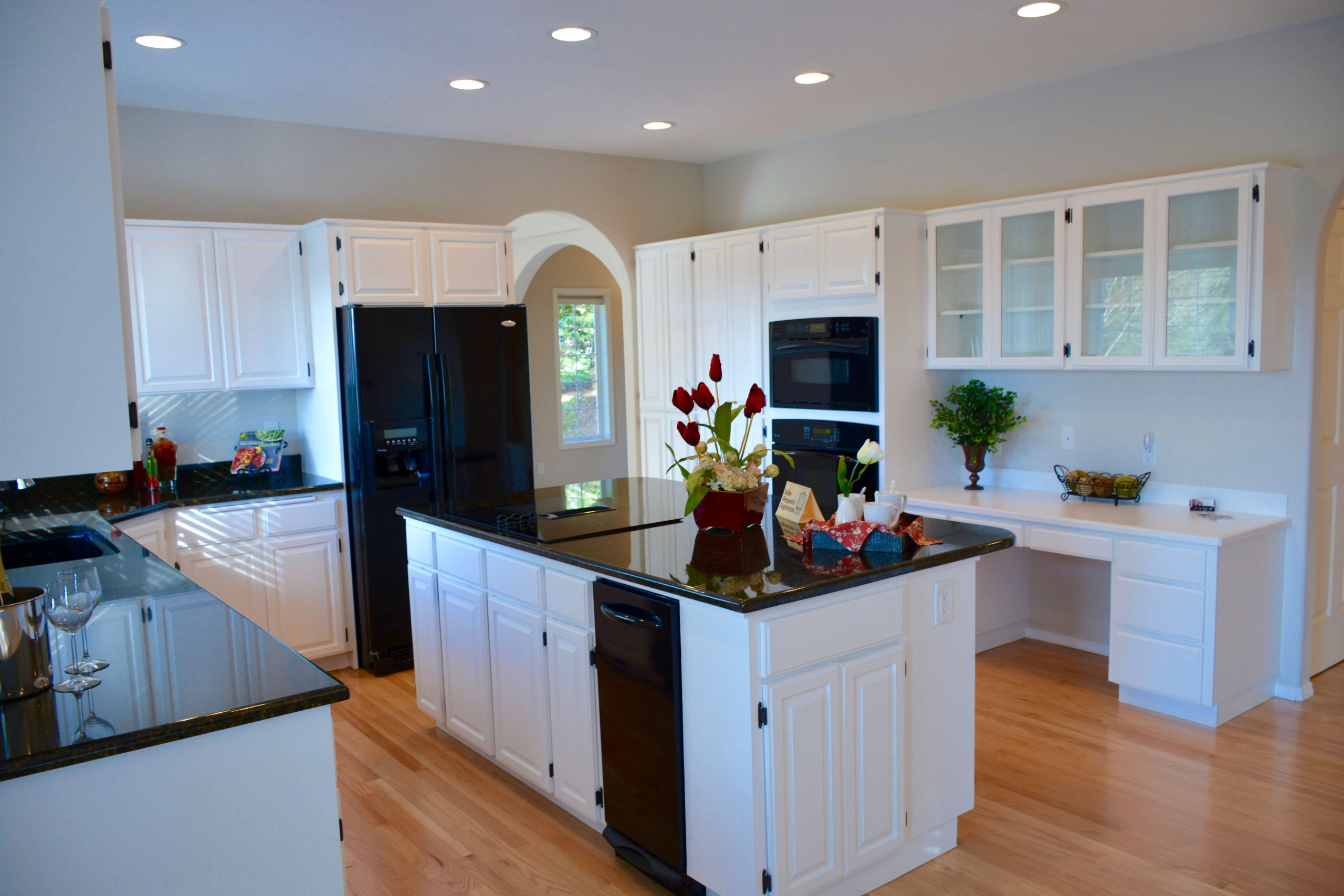The kitchen is the heart of every home, and renovating it can be exciting yet daunting. Adequate preparation and planning enable you to finish the project without straining. Whether you plan to renovate a modern, minimalistic, or traditional kitchen, goals, research, budgeting, timeline, lighting, and permits required will be considered.
1. Have a Goal
Do you want to change fixtures and surfaces already in your home? Or do you want to improve the functionality of your kitchen to suit your busy family? Make a list of the goals you have in mind, be it more storage, better lighting, or more appliances. Determine the outcome of the renovation. We can get sidetracked by tile patterns and expensive appliances and end up losing our vision of our original goal.
2. Carry Out Proper Research
Once your goals are set, do market research on what you will need. Involve a reputable interior designer to advise you on the trends in the market so that you can align them with your goals. If sustainability is important to you, be sure to research eco-friendly materials. Engage experts you find to assist you find items that fit your needs, style, and goals. Take note of kitchen layouts and designs in applications such as Instagram and Pinterest. Doing this will assist you in determining what to include in your design and make a reliable budget. Compare estimates from various contractors to find the best value for your investment.
3. Create a Budget
The best way to ensure you save money on your kitchen renovation is to create a budget before starting. This way, you can save money for the project. Liaise with your interior designer. A professional designer has insights and experiences to help you save money in the long run. Remember to include a contingency fund, about ten to twenty percent of the project’s cost. Use your research notes to help you determine which items will fit your budget. Determine your must-have and prioritize this list from greatest necessity to the least.
4. Have Proper Timelines
Are you renovating your kitchen while still living in your house, or will you move out during the project? The project’s timeline should be considered, as you will need to ensure your temporary kitchen or living conditions will suffice during the project. Know the time you will need to finish the project. Can the renovations be done in 6 weeks? Or can you stretch it to 14 weeks? Planning your timeline avoids juggling schedules at the last minute.
5. Ensure Adequate Lighting
Inadequate illumination can cast shadows on your most beautiful designs. While abundant natural lighting during the day is an asset, how does your kitchen look at night? You will need ambient lighting to generally light the kitchen and task lighting to allow you to focus on different chores. The layering of the lighting is what creates the wow factor.
6. Align Required Permits
Bear in mind that certain types of renovations require city government permits. If you want to sell or refinance your property, potential buyers and lenders might want to verify that your home’s modifications follow the relevant building laws and regulations. Adhere to local building codes and regulations to avoid legal or safety issues.
Conclusion
Establish solid ground rules and strategies to ensure your project stays manageable. With planning and adequate preparation, your project will run well, and you may finish under budget. Remember to incorporate sustainable options to go green without compromising style and quality. A functional and aesthetic kitchen is achievable by paying attention to these details!
By: Katherine Robinson, a writer for Garden State Tile



















